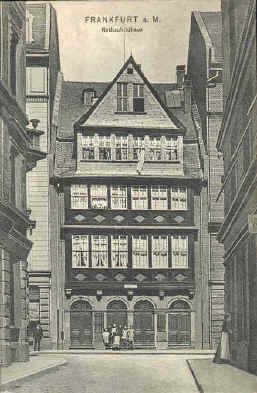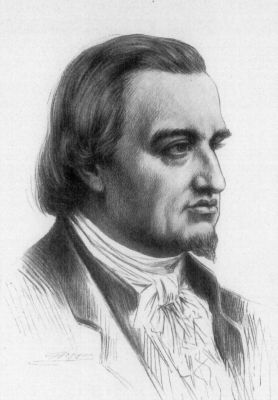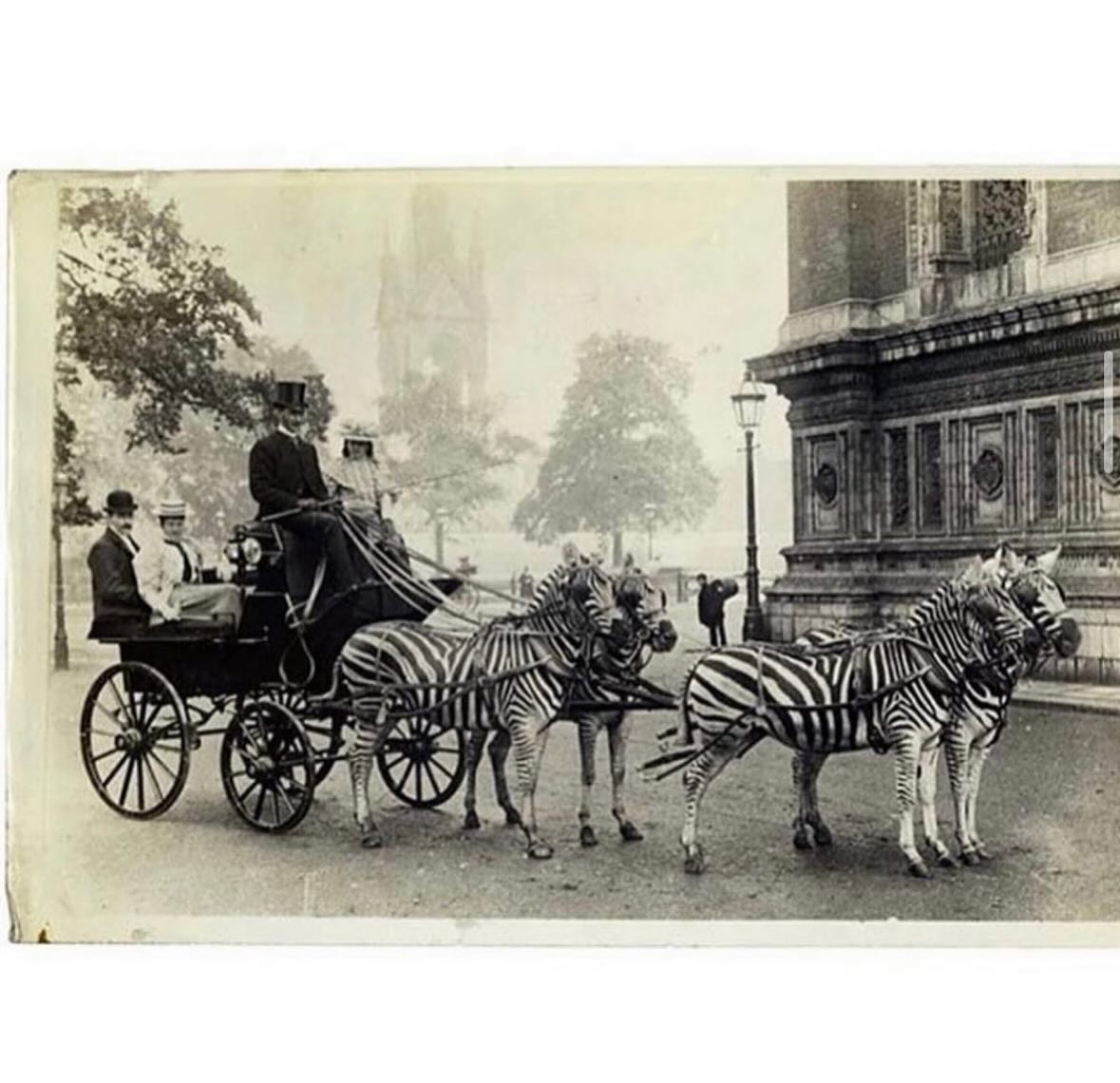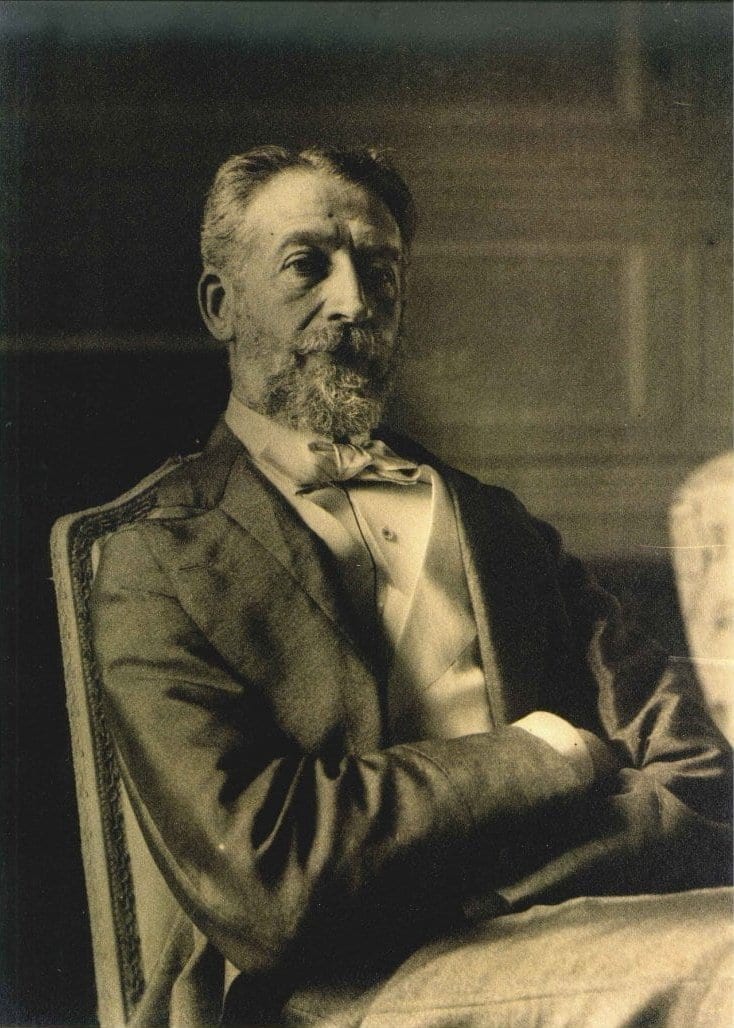(1).jpg)
ROTHSCHILDS BROUGHT THE END OF THE OTTOMAN EMPIRE!
When people think of the rich, the Rothschild family rarely comes to mind. Their names are neither mentioned in popular magazines nor heard at world high-society parties. Yet, many diplomats tremble when they hear this name. Modern world politics has been shaped as a result of the secret or open activities of this family.
The Family’s Roots
Mayer Amschel from Frankfurt (1743–1812) was the ancestor of the Rothschild family. The surname Rothschild, meaning “Red Shield” in German, comes from the red shield that hung at the entrance of their first house in the Frankfurt ghetto.
At the age of 12, he lost both his father, a silk merchant, and his mother. In Hanover, he apprenticed under his father’s friend, royal banker Samuel Oppenheimer. He became the court agent of the Prince of Hesse-Kassel, who was the son-in-law of King George II of England.
Mayer Amschel, regarded as the founder of the Rothschild empire, modern banking, and global trade, had five daughters and five sons. He made his sons partners and sent them to London, Paris, Naples, Madrid, and Vienna.
In those places, they established companies and family ties with well-established Jewish merchant families. They received noble titles. Through the network of banks they founded, they lent money to all governments. They became immensely wealthy through commissions earned from money transfers. Father Amschel ranks fifth on Forbes’ list of “The 20 Most Influential Businessmen of All Time.”
The Carrier Pigeons
The family had a private communication service based on carrier pigeons. Nathan, one of the sons, learned about the British army’s victory over Napoleon at Waterloo two days before the government did. He spread the opposite news, causing the stock market to crash. He bought up government bonds and, after the victory became public, sold them for a huge profit.
His grandson Edmond was a pioneer of Zionism. He helped the first Jewish immigrants who went to Palestine. He initiated citrus cultivation in the region and established the wine industry.
Besides bond trading, they invested in currency exchange, gold transport, banking, insurance, mining, and railways. They entered the steel industry in Sweden, the railway business in America, and mining in Africa and Latin America. In the Ottoman Empire, they financed the Orient Express railway line. They created new wealthy figures under their control in various sectors — like Rockefeller in oil and Carnegie in steel.
One of the things the Rothschilds valued most was establishing central banks in the countries to which they lent money, thereby obtaining the privilege of issuing banknotes. Father Mayer Amschel used to say, “Give me control over a nation’s money supply, and I care not who makes its laws.” Soon after the Ottomans borrowed money from the Rothschild family, in 1856, Banque Ottomane (the Ottoman Bank) was founded. The Rothschilds were among its shareholders.

Blood on Money
The Rothschilds made the most money from war. The German Prince von Pückler-Muskau said, “Today, no power in Europe can wage war without them.” Since they lent to both sides, it didn’t matter who lost — their coffers always profited.
At the end of the 1897 Greco-Turkish War, which lasted one month, the Ottomans emerged victorious. Greece was obliged to pay 30 million dollars in war indemnity to the Ottoman Empire. Being indebted to the Rothschilds, Greece had to borrow that amount again from them. However, the money did not go into the Ottoman treasury — since the Ottomans themselves were also indebted to this family, it went directly into the Rothschilds’ pockets.
The Rothschilds tied the European noble families to themselves through intermarriage with the landed aristocracy. Those who refused this were ruined and disappeared. Thus, in a short time, they reached a power capable of intimidating kings. The world’s underground and aboveground riches flowed into London. By the beginning of the 20th century, the Rothschilds had established the largest empire in world history — ruling 43 colonies covering a quarter of the globe with a population of 444 million.
Historian Michelet said: “Rothschild knows each of the princes in Europe and their servants. He remembers the accounts of all rulers and their attendants — he does not even need to look at his ledger. For example, he might tell a ruler, ‘If you appoint this minister, your account will go into the red.’”

So You Wouldn’t Lend!
The Ottoman government, which fell into financial crisis due to the Crimean War, borrowed 5 million francs in 1854 from the Rothschild bank through Grand Vizier Reşid Pasha and the Ottoman ambassador to London, Musurus Pasha. The transactions were handled by the family’s Istanbul representative, banker Avram Kamondo.
The borrowed money could not be used efficiently and was not repaid on time. Consequently, the ever-increasing spiral of debt shook the state. Sultan Abdulhamid II managed to renegotiate and restructure the debts by offering collateral in an agreement with the Rothschild bank.
However, he rejected the offer to have nearly all the debts forgiven in return for consenting to an autonomous Jewish homeland, and he also banned Jewish immigration to Palestine. This event brought about the end of his reign.
With the support of Rothschild capital, the Young Turks came to power and opened Palestine to Jewish settlement. Thus, the Rothschilds received the first return on their investment.

The Zion Ideal
Grandson Lionel was the first Jew to enter the British Parliament (in 1847). His grandson Walter (1868–1937) succeeded his father as head of British Jewry but was more passionate about zoology, ornithology (the study of birds), and entomology (the study of insects).
Foreign Secretary Balfour sent his famous 1917 declaration concerning the establishment of a Jewish homeland in Palestine in reply to a letter written by this man. The Rothschilds filled these barren lands with poor and pious Jews who had fled from Russia.
Although Baron Rothschild visited Palestine five times, when he came, he would spend only a few days or weeks on land, preferring to dine and sleep on his yacht instead of the Holy Land. Even though he supported men like Eliezer Ben-Yehuda, who worked to revive Hebrew, he himself never learned a single word of it.

Educated Children
Grandson Alphonse took the initiative in establishing secular schools for Jewish children. The Alliance schools founded in Paris began opening branches for Jewish boys and girls from 1860 onward.
One of their graduates, Venetian Jew Emanuele Carasso, became the director of the Banque de Salonique (Salonika Bank), founded in 1888 in Thessaloniki as a partnership between the Allatini and Rothschild families. He was the intellectual mentor of the Young Turks and a member of the delegation that informed Sultan Abdulhamid II of his dethronement.
Albert Antebi, who played an important role in Atatürk’s life, was Baron Rothschild’s trusted man and the principal of the school in Syria. Eliezer ben Avi taught there. His journalist son met with Mustafa Kemal in Tripoli. Talat Pasha was also a teacher at that school.
Mahmud Shevket Pasha, who dethroned Sultan Abdulhamid II, and Mufti Amin al-Husseini, who stirred unrest in Palestine and ignited the Jewish–Arab conflict, were graduates of the Alliance school. The chief rabbi Haim Nahum, who mediated between the Allies and Ankara during the Lausanne negotiations, was a scholarship student of the Alliance.
.jpg)
Capital Loves the Republic
Egypt borrowed money in 1862 due to the Suez Canal. By 1876, the debt had reached 76 million pounds. The bankrupt Khedive put up for sale the Suez Canal shares, which had been completed in 1869 with French capital. British Prime Minister Benjamin Disraeli immediately turned to the Rothschilds and purchased 44% of the Canal Company’s shares. Thus, Britain set foot in Egypt. Later, an international commission was established to manage Egypt’s debts, with representatives from Britain, France, and Italy. Subsequently, in 1882, Britain occupied Egypt.
The Banque de Salonique, where the Young Turk revolution was planned, was a bank founded by the French branch of the Rothschild family and the Italian Jewish Allatini family. When Sultan Abdulhamid II was dethroned, he was confined in the Allatini mansion.
Basil Zaharoff, the owner of the company that supplied British-made Vickers weapons to the Greeks during the Greco-Turkish War and French-made Creusot weapons to the Kemalist army under the Ankara Agreement, was a partner of the Rothschilds.
Capital prefers republics, which are more open to manipulation, over monarchies that are closed to the ideals of the new world. The Rothschild connection became one of the most significant factors in the collapse of the Ottoman State. The poet Ezra Pound wrote in his work The Cantos: “Sultan Vahideddin (Mehmed VI) died in San Remo because of the debt his father had taken from the Rothschilds.”
Önceki Yazılar
-
THE OTTOMAN DYNASTY OWES ITS LIFE TO A WOMAN4.02.2026
-
THE WATER OF IMMORTALITY IN THE “LAND OF DARKNESS”28.01.2026
-
THE WORLD LEARNED WHAT FORBEARANCE IS FROM SULTAN MEHMED II21.01.2026
-
THE RUSH FOR GOLD14.01.2026
-
TRACES OF ISLAM IN CONSTANTINOPOLIS7.01.2026
-
WHO CAN FORGIVE THE KILLER?31.12.2025
-
WHEN WAS PROPHET ISA (JESUS) BORN?24.12.2025
-
IF SULTAN MEHMED II HE HAD CONQUERED ROME…17.12.2025
-
VIENNA NEVER FORGOT THE TURKS10.12.2025
-
THE FIRST UNIVERSITY IN THE WORLD WAS FOUNDED BY MUSLIMS3.12.2025